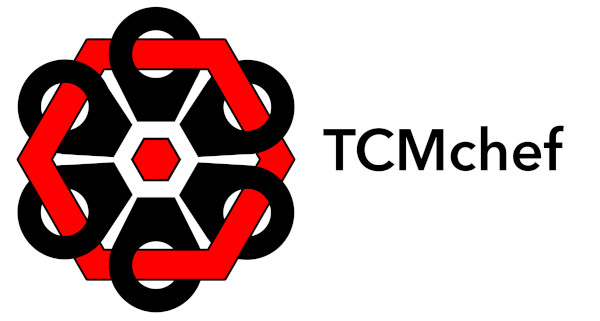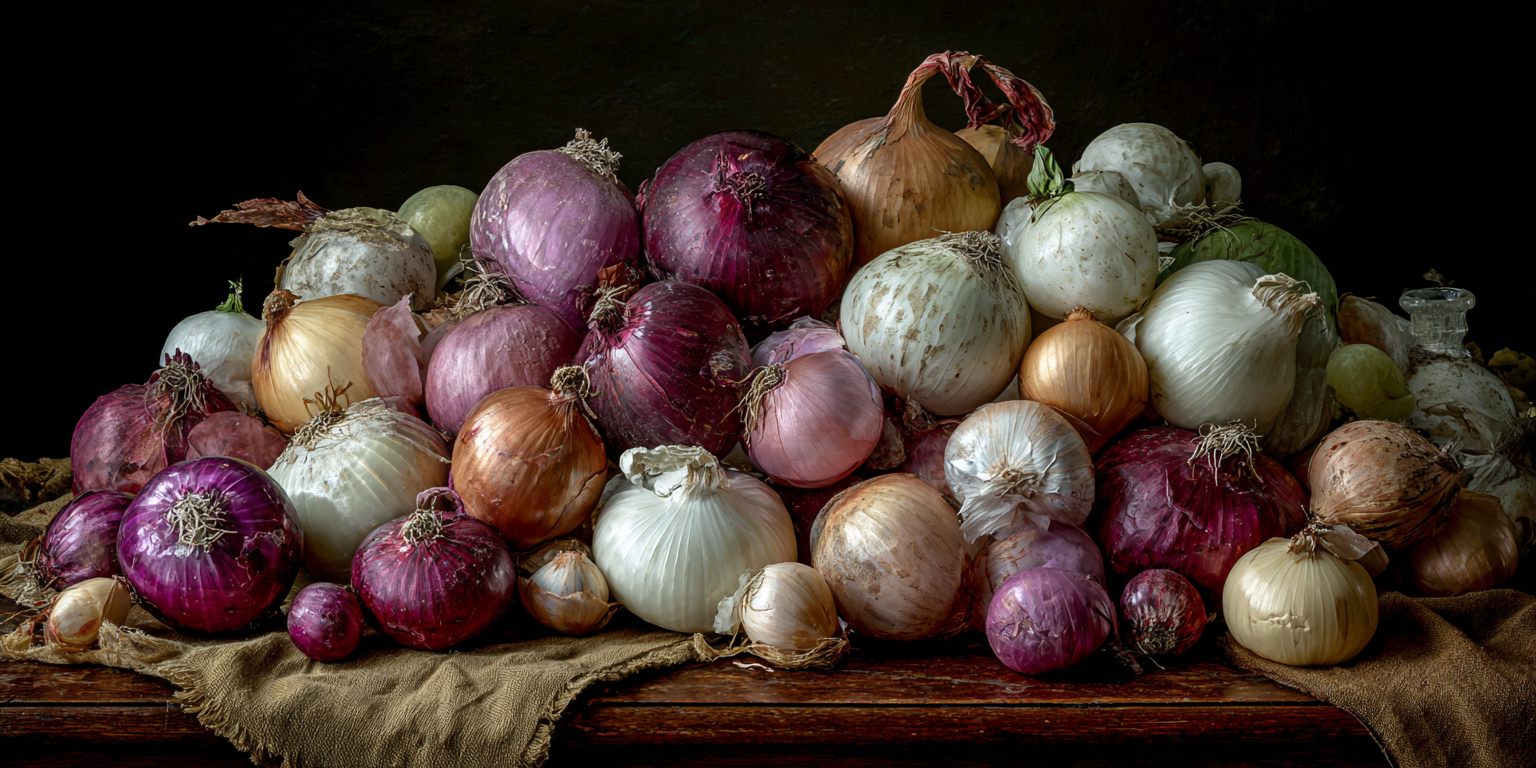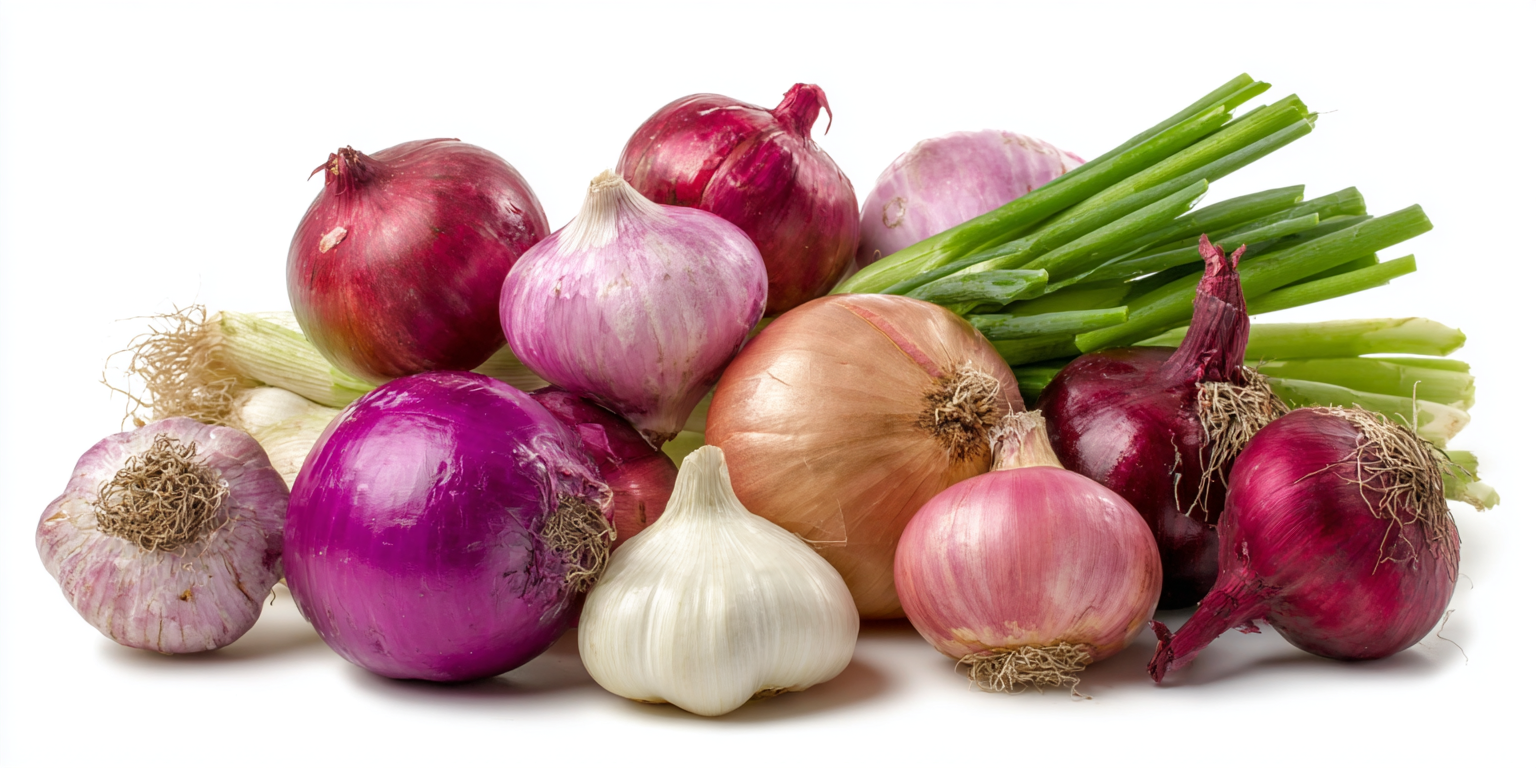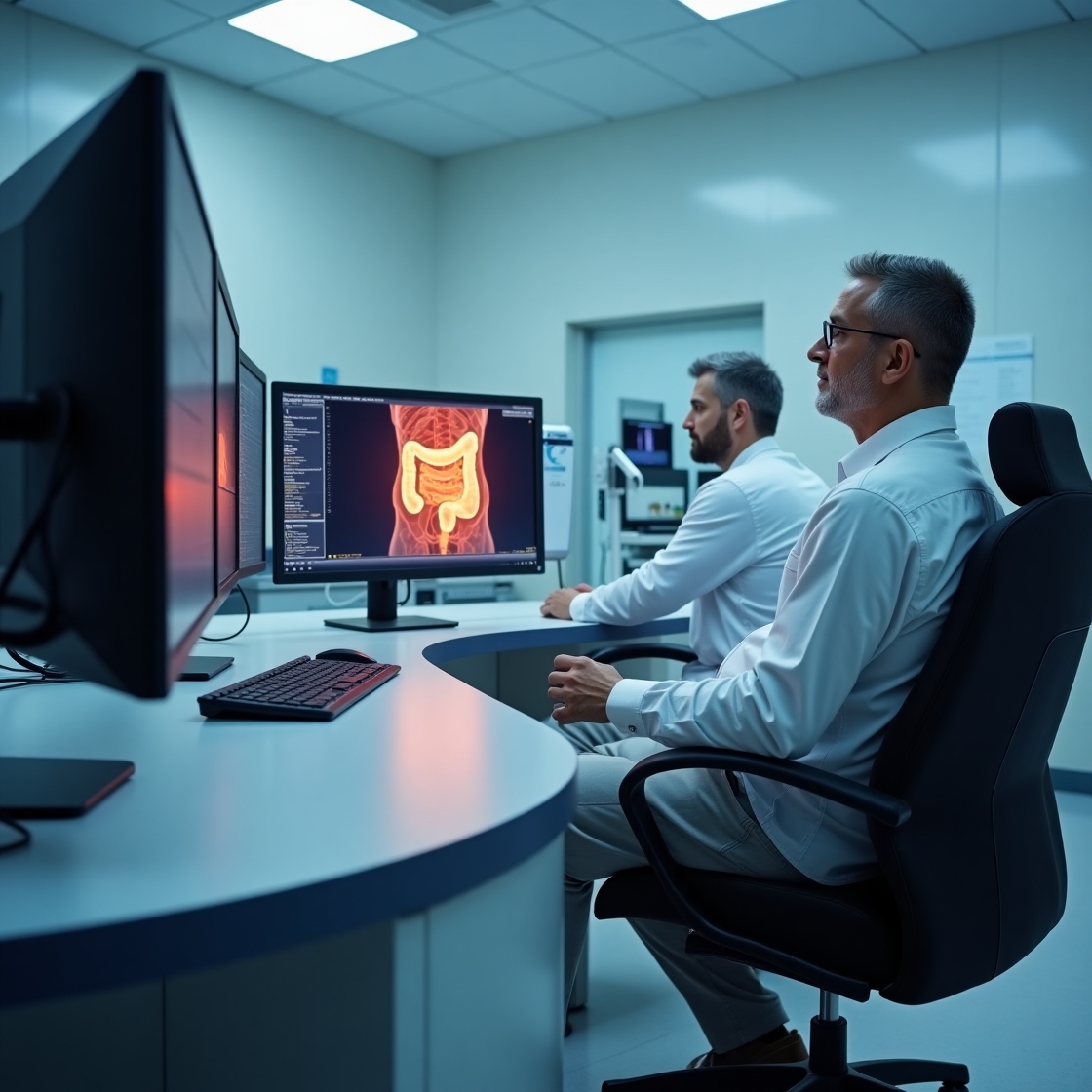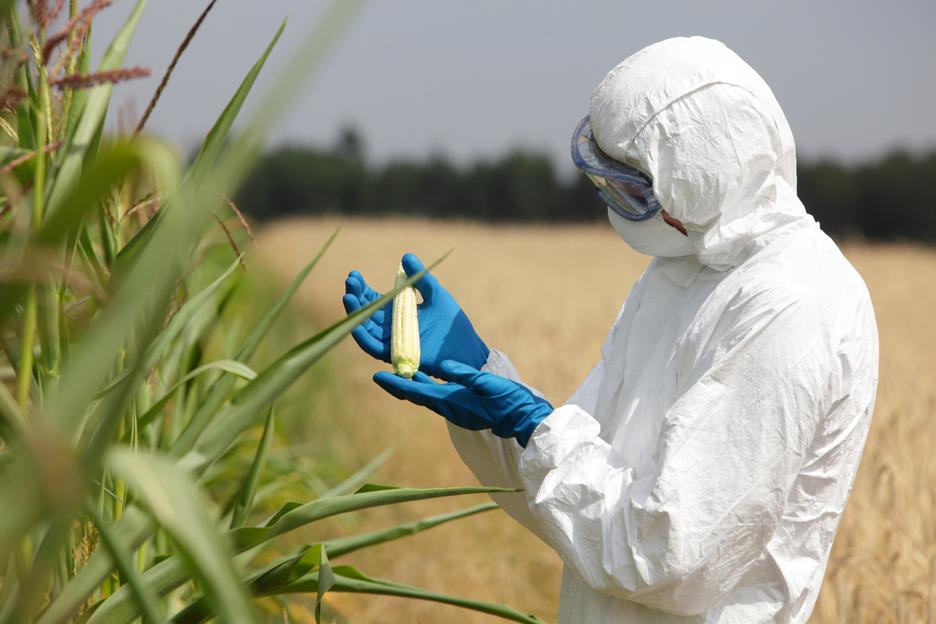genetically-modified (GMO)
or bioengineered (B.E.)
are most foods we buy bioengineered?
With the mandatory U.S. food labeling implemented in 2022, many consumers are uninformed about the political debacle over Bioengineered and Genetically modified products. Food companies are going to courts protesting these mandatory labeling requirements. These over-due regulations directly affect your life and health.
As a TCMchef food source, production and honesty about resources are my focus when hired to aid people with various health issues. Consumer relationships and our right to honest food-source disclosure impact our long-term health. You cannot recover or achieve a lifestyle goal by being ignorant of what you put on and in the body!
I have to loop you through a complicated blog to help you understand what might make people ill or keeps us sick… Especially when challenged with weight problems, pregnant mothers, recovery from injury, cancer treatment, or care for people with Alzheimer’s…
In 2005, Monsanto filed patents covering animal soybean feeding, which the company has genetically modified to contain stearidonic acid (SDA), a plant-derived omega-3 fatty acid.
“The invention relates to the enhancement of desirable characteristics in pigs and pork products through the incorporation of beneficial fatty acids in animal feed or animal feed supplements,” reads one patent application.
The oil is obtained from a bioengineered soybean. Monsanto states that SDA soybean oil is compositionally different from conventional soybean oil. SDA soybean oil contains 15 to 30 percent SDA and 5 to 8 percent gamma-linolenic acid (GLA), neither present in traditional soybean oil. SDA soybean oil also contains slightly higher alpha-linolenic acid (ALA) and palmitic acid levels than conventional soybean oil.
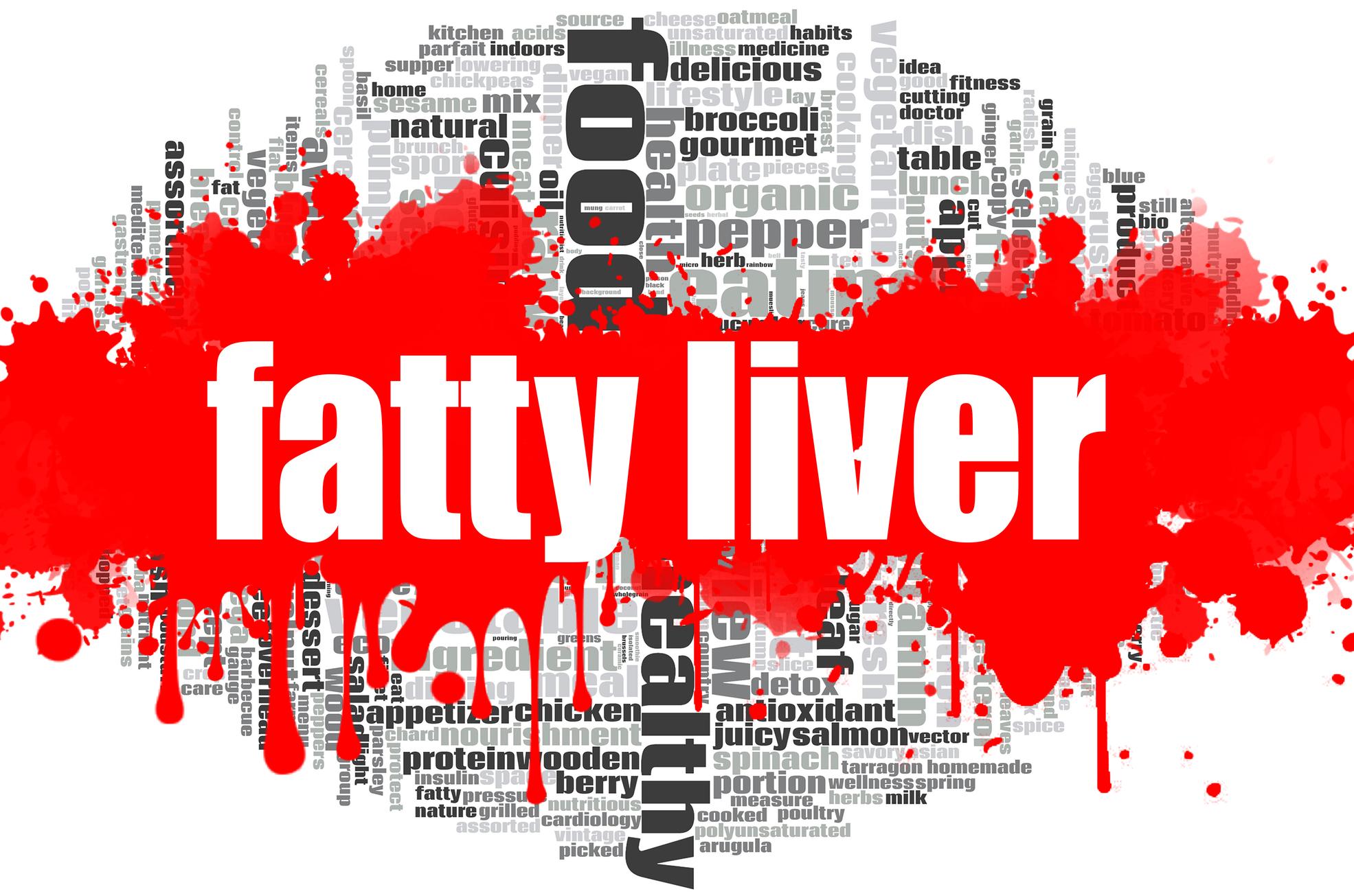
History: Soybeans have been cultivated for ~5000 years. Soybean oil has become a substantial part of our diet only in the last few decades. Population studies in the 1950s and 60s indicated that a typical American diet rich in saturated fats from animal products was linked to an increased risk of cardiovascular disease. The U.S. agricultural department quickly announced that all saturated fats are unhealthy and, conversely, that all unsaturated fats are healthy, despite the ambiguity of evidence of the cardio-protective effects of vegetable oils. However, scientifically it was known that what was heart-healthy was not necessarily good for the rest of the body… (Read up on the history of Margerin.) A “boost” of Margerin products followed in the U.S. and Global markets. Any cookbook from that period will have most recipes documented that list Margarine (trans fatty acids) as a butter replacement. I still find recipes on the internet adding “vegetable oil” to a cake recipe… USE BUTTER!!
Science in the early 2000s re-established that Omega-3s have been linked to improved cardiovascular health. (Who sponsored this research…) This is followed by thousands of pro and con studies claiming either/or conclusions that trans fats are better or worse… If you look at who sponsored these findings, you will always understand the modus operandi in play.
By 2005, the Engineered Soybean omega-enriched oil was the best-selling trans fat on the market. Immediately, food companies engineered them into foodstuffs. 83% of all Bakery products in the U.S. contain these manipulated products. Almost a third (32%) of dietary supplements have at least one Bio-Engineered product.
In 2005, the legal battle over Prop 65 labels resurfaced on meat products, an ongoing struggle. California’s Proposition 65, also called the Safe Drinking Water and Toxic Enforcement Act, first became law in 1986. It is intended to help Californians make informed decisions about protecting themselves from chemicals that could cause cancer, congenital disabilities, or other reproductive harm. By 2005, shockingly, the United States Department of Agriculture argued in court against informing you of the known health risks posed by the products they inspect, trying to overturn this law! The issue flared up again in 2015 after the WHO (World Health Organization) implemented a ban on U.S. meats to Europe for not disclosing GMOs: but so far, there has been no change in labeling requirements.
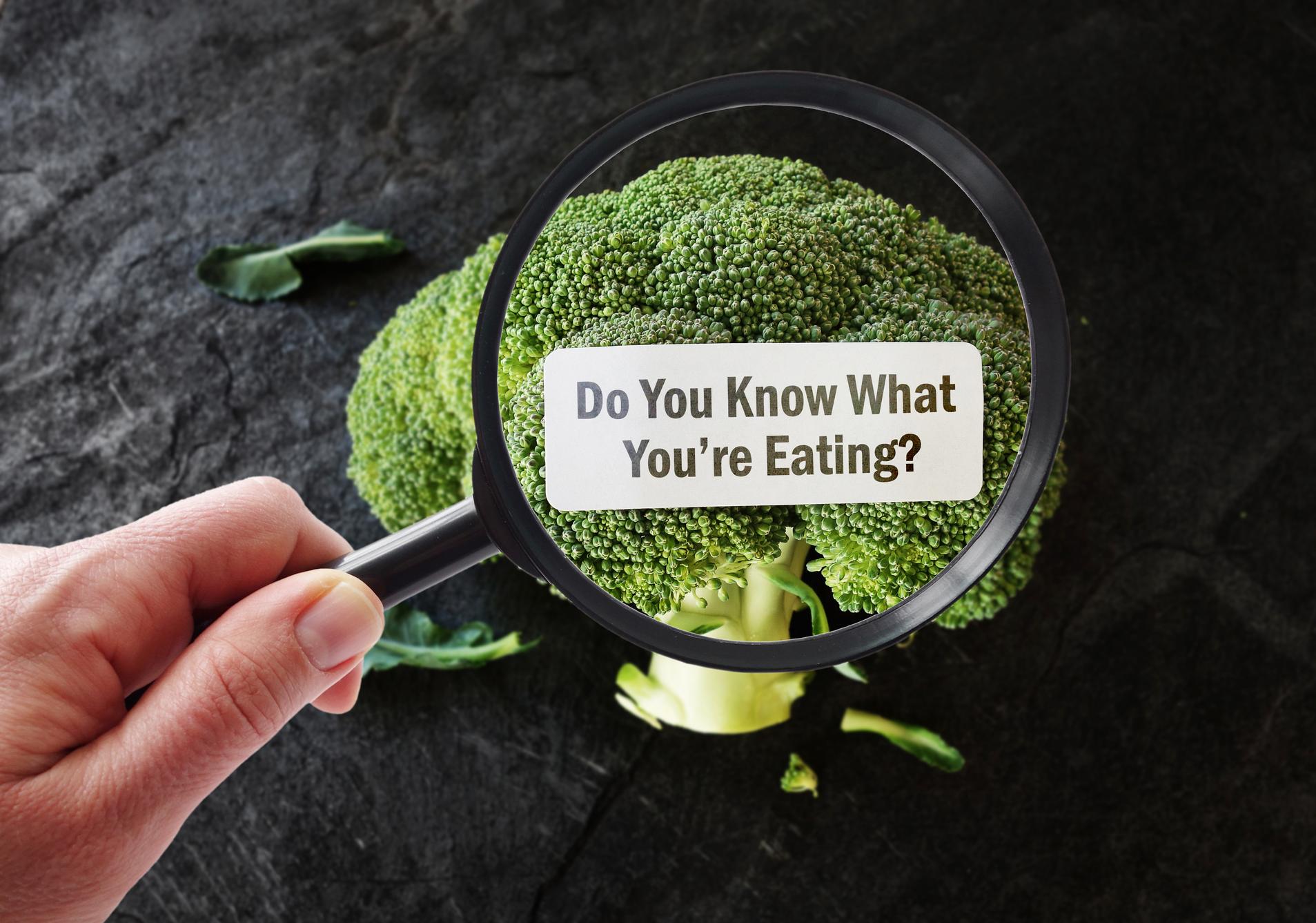
Congress passed the GMO labeling law, with President Obama signing the bill on July 29, 2016. After two years of rule-writing, the USDA released the GMO regulation. At the end of 2018, the USDA released the rules, and the implementation schedule began for the mandatory order to be adopted by December 31, 2021.
U.C. Medicine recommended to the Government in 2017 to ban trans-fatty acids from being sold as healthy. Monsanto immediately inundated the internet with hundreds of sponsored research studies to flood the top search engine (SEO) with articles claiming the opposite.
In 2016 proposal to restrict plant fertilizer was drafted to protect the environment. In July 2017, glyphosate was officially added to the Prop 65 list, meaning warning labels will be required as of July 2018. Glyphosate is the active ingredient in the herbicide RoundUp, produced by the agricultural monolith formerly known as Monsanto.
In an independent study in 2017, U.C. Riverside Research (UCR) confirmed that soybean oil induces obesity, diabetes, insulin resistance, and fatty liver in mice. The same group learned that if soybean oil is genetically engineered to be low in linoleic acid, it induces less obesity and insulin resistance. (That’s not what Monsanto implemented).
Now, the internet has gone crazy; every health Guru is pointing fingers at Monsanto, shouting toxic messages, and blaming the FDA, USDA, and even Europe for not being more proactive and warning consumers. Monsanto’s name is now associated with cancer, bee-killing, and poisoning Mother Earth… The term had become so synonymous with evil that in 2016, Monsanto arranged a $66 billion deal to be acquired by Bayer. They agreed to be bought by the aspirin company to remove their name. I have a headache!
“Monsanto will no longer be a company name,” Bayer said in a statement in 2017. “The acquired products will retain their brand names and become part of the Bayer portfolio.”
Most of the garden chemicals sold in Home Depot and Garden stores throughout the U.S. – that are shown to cause cancer to anyone exposed to them – now have new labels, too… no worries, the re-labeled product itself is the same…
In July this year, the Center for Food Safety (CFS) and allied plaintiffs filed a new federal lawsuit challenging the 2020 decision by the Trump administration’s Department of Agriculture (USDA) to eliminate most genetically engineered (G.E.) organism oversight. Yes, this was lobbied by Bayer…
What is the actual problem you should ask?
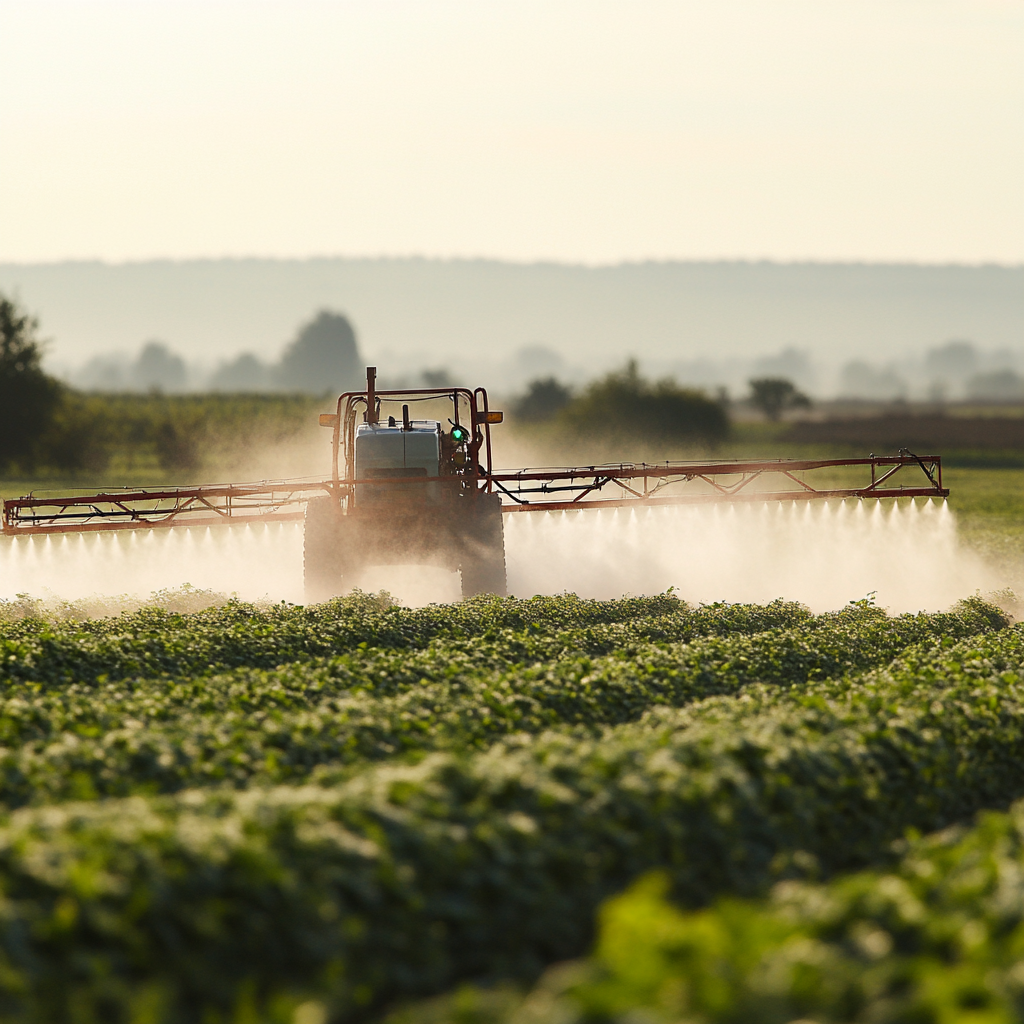
Monsanto modifies crops to produce omega oils that are “richer” compared to those even in fish. When farmers feed these omega-rich beans to livestock (pork in our example), they grow giant fat bellies and make heaps of fatty acid-loaded bacon. This product escapes the National Bioengineered Food Disclosure Standard (NBFDS) laws by only admitting it is Bio-Engineered: Even permitting the label this product as non-GMO, hormone-free, and “humanely farmed” because you did not inject these pigs with hormones…
Yes, most likely, your “Omega-3 Fish oil” you bought at a supermarket is not from an aquatic life source! It does not have to be labeled as such either…
What’s NOT covered by NBFDS? Most animal meats and eggs, incidental additives, refined foods where bioengineered material is undetectable; meat/milk from animals fed bioengineered feed; certified organic food…
The “problem” doesn’t end with feeding livestock GMO or B.E. crops: The animal waste washes down rivers, where fish and wildlife roam and consume in these contaminated wastelands, streams, and lakes. We can measure changes in their bio-behavior. That’s when Congresswoman Mary Miller (IL-15) introduced the House companion bill to Senator Mike Braun’s (R-IN) to define the WOTUS Act of 2021. A contentious Clean Water bill was signed into law by Obama to (amongst other regulations) prevent our clean water from contaminants. If you listen to her reasons, it sounds like farmers are unreasonably punished and forced to give up their jobs… She never mentions who sponsored her ideas or what the real issue is in question…
When in 2021, California stepped up and said we would follow ALL European set standards and not allow bacon from Monsanto Bio-Engineered pigs to poison our citizens, the reaction was quick: Last month, Congressional leaders like U.S. Senator Joni Ernst (R-Iowa), a member of the Senate Agriculture Committee immediately created a rebuke about this “leftist attack on our farmers trying to ban Iowa bacon…” Never mention what is at stake!
Non-GMO is not to be confused with organic. Organic is non-GMO, but non-GMO is not necessarily organic. You can purchase Rice grown in America, and most of them have a non-GMO stamp on their package. There are no genetically modified rice crops in the United States. However, that does not make them Organic. 70% of flavored rice is imported in the US…
The labels will say bioengineered rather than the more commonly used GMO, which might dilute their impact. And disclosure is discretionary for some GMO ingredients, most prominently corn and soy oils from biotech plants. Exempt from fair labeling are:
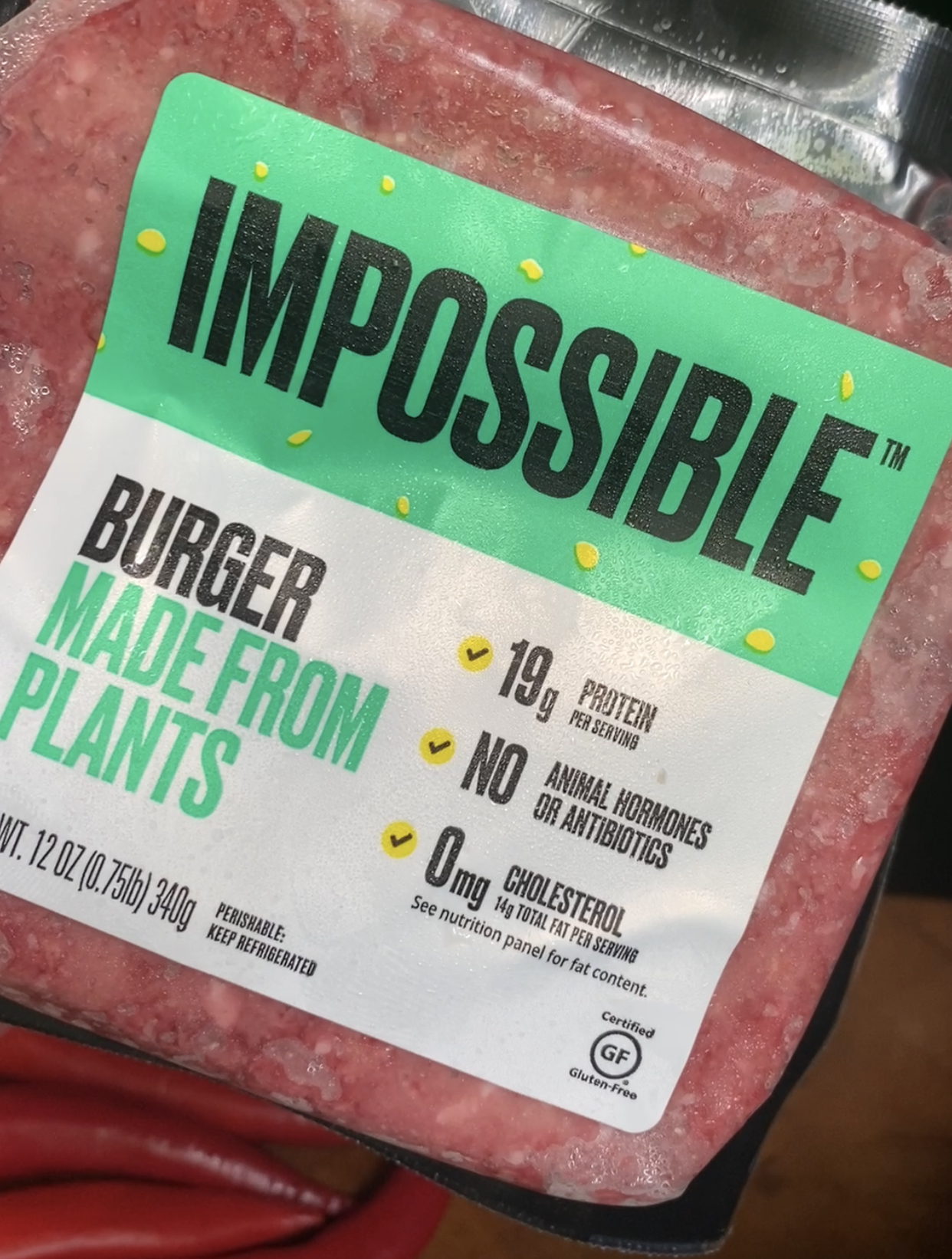
- Foods derived from animals, such as eggs, meat, and milk.
- Refined ingredients, such as oils and sugars.
- Food is served in a restaurant.
- Foods manufactured and sold by small producers (local shops, etc.).
- Any non-food products.
A complete list of countries that have banned glyphosate is challenging to compile, but it is extensive. Sri Lanka was the first, and last year, the entire E.U. rejected even limited use of glyphosate, thereby banning it outright and leading to an EU-wide recall of RoundUp. The herbicide is terrible for many reasons, and one of the primary reasons for resistance to GMO foods.
Genetic modification of naturally occurring organisms is not wrong in and of itself. The problem is what the organism is modified to do, and by far, the most popular is an engineered resistance to glyphosate — so-called “RoundUp ready crops.” Because the crop is immune to glyphosate, farmers can spray RoundUp more often, including immediately before harvest. This is fine for the plant — it is immune — but it has a deadly effect on the human body!
Monsanto, now Bayer, will aggressively fight Proposition 65 labeling in court over the next year and beyond. And even if the corporate giant is unsuccessful, you may still not see warning labels on your food because of what is known as a “safe harbor” level, set at 1100 micrograms (approximately 4,000 times higher than the level found to cause liver disease in laboratory rats). Crops sprayed with glyphosate will not require a warning label so long as the remaining chemical residue is under this lower threshold.
During a TCMchef regimen, you should buy non-GMO and organic certified foods!
Beverage marketers are assisting by calling out the exclusion of GMOs. Blue Sky Beverage Co., Corona, Calif., a beverage brand of The Coca-Cola Co., Atlanta, is one example. It flags on the front labels that its sodas are sweetened with cane sugar and naturally flavored. The cans feature the Non-GMO Project Verified seal.
It also allows a 5% ingredient threshold for GMO contamination. For context, the European Union uses a 0.9% threshold for most foods. The Non-GMO Project has the same 0.9% maximum to obtain certification.
Chobani, Norwich, NY, has built its business around the mantra of using only non-GMO ingredients. The company is making a non-GMO claim on the front panel of its new Little Chobani Probiotic Yogurt Drinks and Pouches.
Calling out “non-GMO” is trending in products targeted to children, as parents are often more cautious with the foods and beverages for their offspring. For example, Minute Maid Kids juice and several Apple & Eve juice products have Non-GMO Project verified seals.
Zevia Kidz, from Los Angeles-based Zevia, is a new line of zero-sugar, zero-calorie, slightly carbonated beverages designed for children. The cans have a Non-GMO Project verified seal, like all of the company’s stevia-sweetened drinks.
The USDA’s bioengineered foods list - which tells firms which foods they must keep records for and which may require bioengineered disclosures – includes Alfalfa, Arctic apples, canola, corn, cotton, BARI Bt Begun eggplant varieties, ringspot virus-resistant varieties of papaya, pink-fleshed pineapple varieties, potato, AquAdvantage salmon, soybeans, summer squash, and sugar beet. …and this is only the beginning of manipulating nature…
